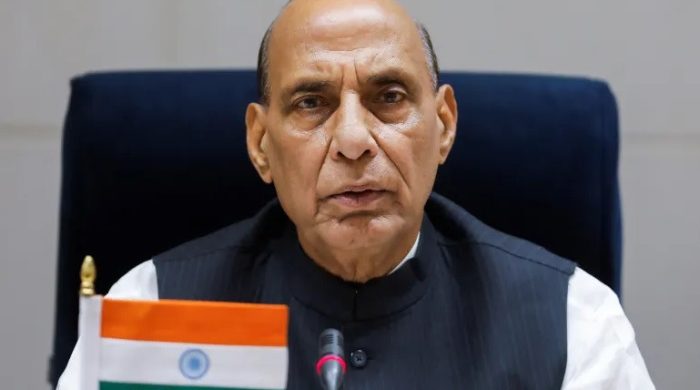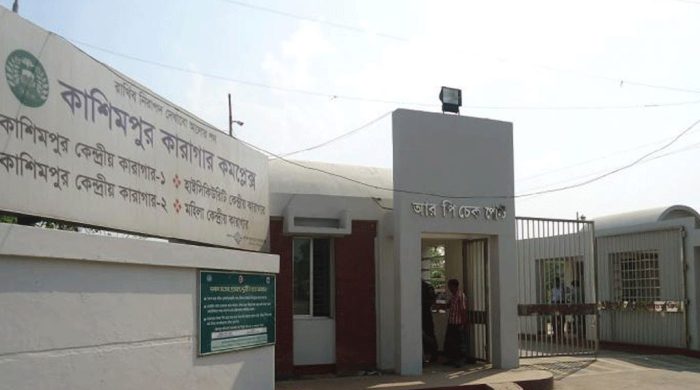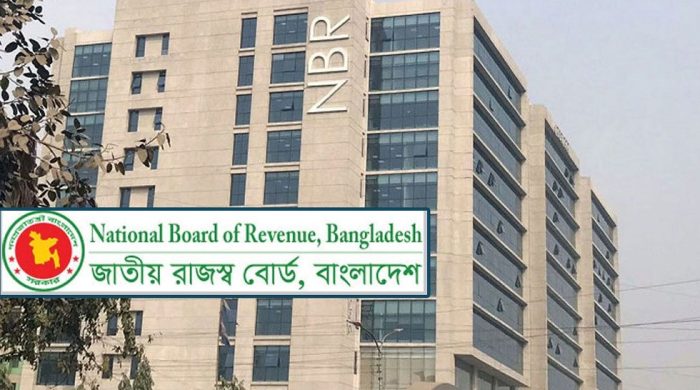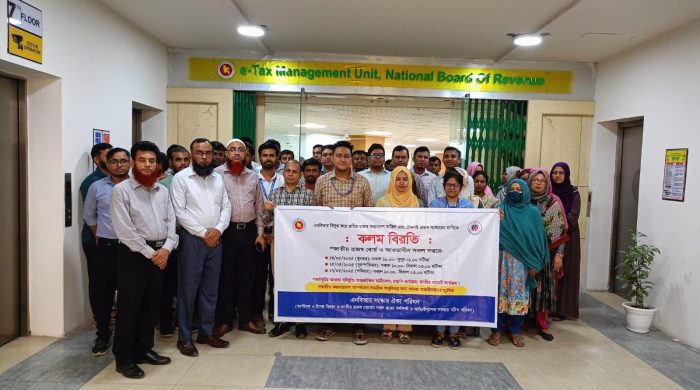Govt must consider demand for worker rations

- Update Time : Sunday, September 18, 2022
- 159 Time View

WORKERS in formal and informal sectors, generally underpaid, always struggle and their sufferings have exacerbated with the recent price instability, as Sramik Karmachari Oikya Parishad leaders say. Labour leaders on September 16 demonstrated in front of the National Press Club and demanded that the government should take immediate steps to revise the minimum wage for workers. The Covid outbreak-induced economic crisis coupled with the unprecedented goods price increase has made survival for the working class extremely difficult. In this context, the leaders have made specific demands that the government should consider. They have asked the government to announce Tk 20,000 in national minimum wage and consider instituting a permanent wage board so that workers do not need to take to the streets to press home wage revisions every few years. Considering the economic hardship of workers, labour leaders have also asked the government to immediately introduce a ration system and expand the reach of subsidised supply of essential goods.
Sramik Karmachari Oikya Parishad is not alone in demanding a revision of wages. In recent times, workers of different industrial sectors have made similar demands. The Bangladesh Committee of the World Trade Union on September 1 demanded that the government should announce Tk 20,000 in national monthly minimum wage. Leaders of the Workers Rights Movement organised a series of events in July–August asking the government to reconstitute the national wage board and announce Tk 25,000 in monthly minimum wage for apparel workers. In July, the Bangladesh Garment Workers’ Solidarity published research findings that show how the recent price increase has made the survival of apparel workers difficult. While the minimum wage of apparel workers has remained unchanged since the last increase in 2018, prices of rice, flour, edible oil, potato, eggs, chicken and vegetable saw a significant increase. In five years, as a BGWS analysis of the Trading Corporation data shows, prices of coarse varieties of rice increased by 18 per cent. After the tea workers strike, the government increased their daily wage from Tk 120 to Tk 170, but the increase, as ordinary workers say, is not a meaningful increase given the goods price spiral.
The government and relevant authorities must, therefore, take immediate steps to review wage structures for formal and informal labour. In doing so, it must sincerely consider the demand for a national minimum wage. It should reconstitute the national wage board for apparel workers and initiate a meaningful dialogue with stakeholders to negotiate a minimum living wage, not a poverty wage. The government must also ensure that the workers are paid their wages in time and organise special social safety net programmes for workers. The government also needs to address the pro-rich bias in its policies and commit to workers’ cause.



















